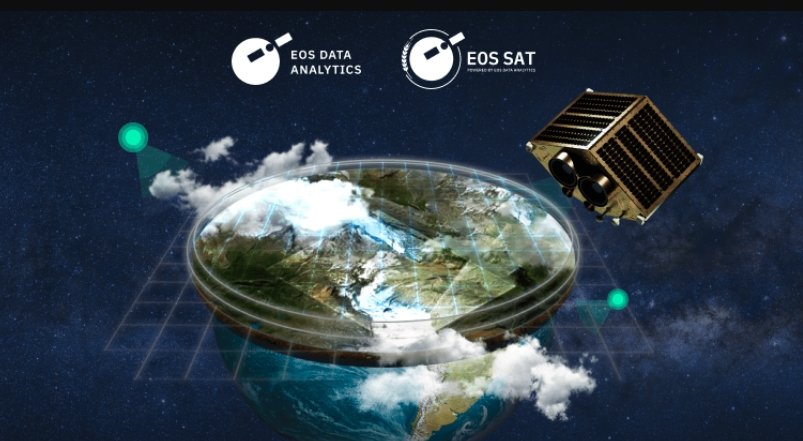Space-derived data is rapidly changing how financial institutions assess risk, track environmental impact, and optimize investments. With a growing number of space-tech firms in Scotland offering global solutions, the finance industry is poised for a transformation unlike any before.
Satellites Are Revolutionizing Financial Data Analytics
Financial institutions deal with immense amounts of data, but the unpredictability of climate change and market fluctuations make risk assessments more challenging than ever. Enter space technology. Scottish firms are leveraging satellite data and machine learning to offer real-time financial insights.
Earthblox, a leading Scottish company in satellite analytics, provides insurance underwriters with geospatial data insights, significantly reducing analysis time from months to minutes. Alongside firms like Trade in Space and Space Intelligence, these companies enable investors to verify ESG (Environmental, Social, and Governance) claims efficiently, minimizing regulatory risks such as the EU Deforestation Regulation (EUDR).
Spire, with European headquarters in Glasgow, deploys a constellation of low-Earth orbit satellites that collect thousands of daily atmospheric readings. This data is crucial for pension funds looking to assess industrial investments’ long-term sustainability.

How Space Data Strengthens ESG Compliance
Investors are increasingly required to ensure their portfolios align with environmental and social governance standards. Space-derived insights offer an unmatched level of verification, ensuring ESG claims are backed by credible data.
- Pension funds rely on satellite-based tracking to monitor deforestation and pollution from industrial operations.
- Companies such as D-CAT and Ecometrica use multispectral imaging and synthetic aperture radar (SAR) to detect environmental non-compliance before it escalates.
- AI-enhanced analytics provide investors with early warning systems, highlighting potential risks before they impact asset values.
With regulators imposing stricter guidelines, accurate ESG monitoring is no longer optional—it’s essential.
Cybersecurity Challenges in Space-Based Financial Systems
As financial firms increase their reliance on satellite data, cybersecurity concerns take center stage. The financial sector is disproportionately targeted, facing cyber threats at a rate 400 times higher than other industries.
Scottish cybersecurity firm Lupovis has stepped up with specialized solutions for financial services, offering scalable, rapid-response protection. Meanwhile, Craft Prospect is developing quantum encryption technologies with the UK and European Space Agencies, ensuring secure financial transactions through advanced cryptographic techniques.
Weather Intelligence and Risk Mitigation
From agricultural yields to energy markets, weather fluctuations have massive financial implications. Companies are leveraging satellite-driven meteorology to stay ahead of disruptions.
Weatherstream, a US firm with an Edinburgh presence, combines AI modeling with meteorological satellite data to enhance forecasting accuracy. For example, sea surface temperature monitoring helps predict extreme weather events that could impact global commodity prices.
Another Scottish firm, Eolas, integrates satellite-based weather insights with economic modeling, allowing investors to anticipate and respond to environmental factors affecting financial markets.
What’s Next? The Future of Finance Is in Space
The Scottish space sector isn’t slowing down. With machine learning and AI-powered analytics, firms are refining their ability to detect financial risks through satellite observations.
Integration with 5G networks will further amplify the precision and speed of data transmission. Advanced edge computing capabilities will allow satellites to process financial analytics in real-time, reducing latency and improving decision-making.
While space technology is enhancing multiple industries, its impact on finance is especially profound. The ability to track, predict, and verify investment risks is changing the game for financial institutions worldwide. Scotland’s rapidly growing space-tech sector is positioning itself as a leader in this financial revolution.


















